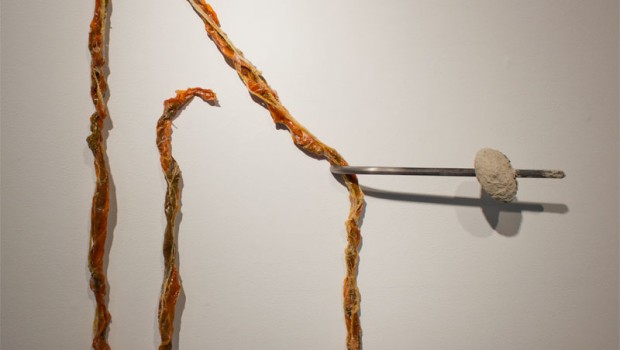Moses Williams
Contemporary society is ever more defined by sociopolitical constructs
that limit our experience of the other; through new technologies and a
belief in an advanced society we again and again refute the lessons of
history and discard the knowledge of the past. Yet there exists the
potential for a measured acceptance of new ideas and the exploration
of advances in technology that do not abandon the rich and often
complex experience of the past. This collective knowledge is dependent
on an experience of the other: an experience not measured by fear or a
dogmatic devotion to empirical ideas, rather one that is keenly aware
of the need to accept the unknown. To be fully human is to wrestle
with the unknown to use our creative energies to discover the richness
of our collective existence found in the poetry of everyday life, a
knowledge transmitted through an intimate experience with the world
and one another. It is necessary to cross a boundary of sorts to see
beyond our own experience and confront the antithetical. This crossing
of boundaries draws attention to the point of transition between two
often seeming opposing ideas; this point of transition is an extended
space. It is the space that lies between that which I am most
interested in, a space of encounter, and an encounter with certain
unknown-knowns, a mysticism that can only be described in apophatic
terms. My work attempts to address these ideas and draw attention to
our prescribed notions of knowledge, power and convention that dictate
our experience of the other and ourselves. Both the process of making
the work and the work produced seek to explore the potential of human
experience and our capacity for openness and creativity.



